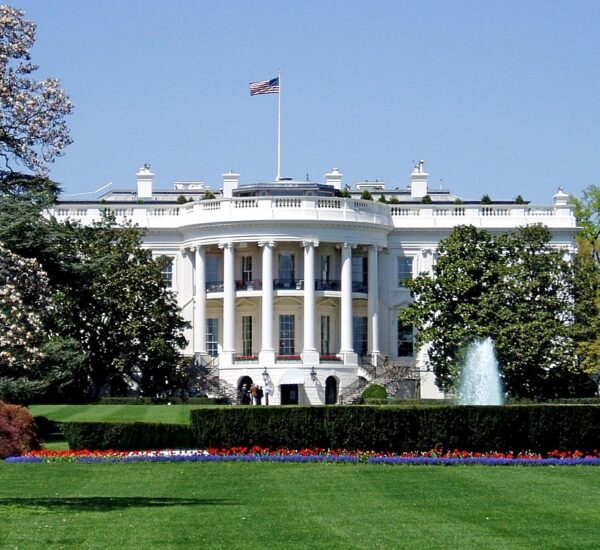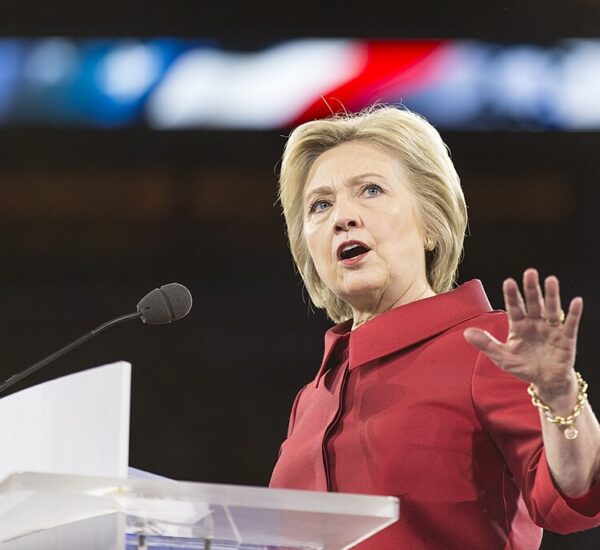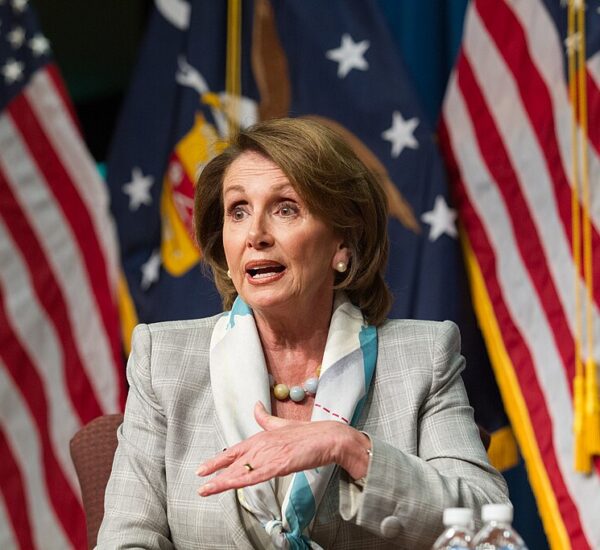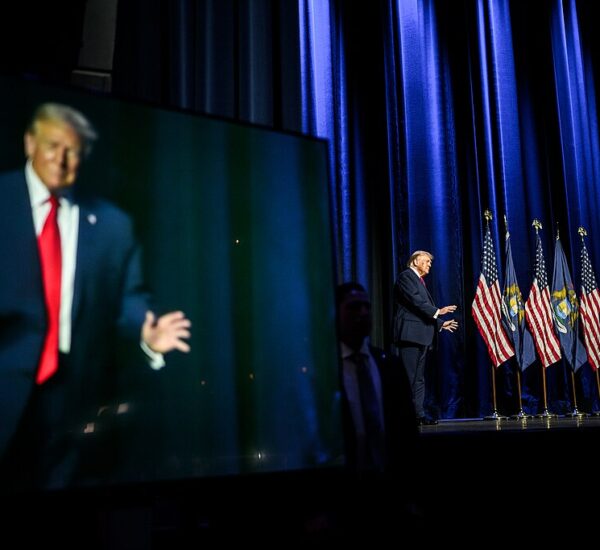Democrats Urge Trump To Do What?
On Monday, a group of U.S. Senate Democrats from the western states called on the Department of the Interior to lift the freeze on crucial funding that threatens to disrupt water conservation efforts on the Colorado River. These lawmakers, representing California, Nevada, and Arizona, criticized the Trump administration’s executive order from day one, which halted the distribution of funds from the 2022 Inflation Reduction Act. This includes $4 billion intended for water management and conservation projects in the western U.S.
Among the vital programs that rely on this funding is the Lower Colorado River System Conservation and Efficiency Program. This initiative was designed to elevate Lake Mead— the largest reservoir in the Colorado River Basin— by 9 feet this year. The senators emphasized that this program has played a key role in enhancing water conservation, improving efficiency, and preventing the system’s reservoirs from reaching dangerously low levels that could impact water delivery and power production.
The funding freeze comes at a critical time as negotiations continue over long-term operational and conservation plans for the Colorado River, which serves nearly 40 million people in the U.S. and Mexico. The current interim rules, established in 2007, are set to expire at the end of 2026, and the future of the river’s management remains uncertain. The Lower Basin states— California, Nevada, and Arizona— have been at odds with their Upper Basin counterparts (Colorado, New Mexico, Wyoming, and Utah) over how to share and manage water resources.
The senators pointed out that the Lower Basin states had already committed to conserving 3 million acre-feet of water as a stopgap measure until post-2026 guidelines can be established. They warned that the freeze on funding could jeopardize these conservation efforts, unraveling years of progress and complicating future agreements between states.
The group of senators, including Alex Padilla, Adam Schiff, Catherine Cortez Masto, Jacky Rosen, Ruben Gallego, and Mark Kelly, underscored the urgency of continuing conservation efforts, especially in light of a forecasted below-average water supply this year. Without adequate funding, they argued, efforts to protect the communities, economies, and ecosystems dependent on the Colorado River are at risk.
This appeal echoes similar calls from other lawmakers, such as Rep. Greg Stanton of Arizona, who also warned that the freeze would undermine conservation efforts and hinder negotiations among the states. The senators emphasized that the need for action is more urgent than ever, as without funding, the situation could spiral into an even greater crisis.






